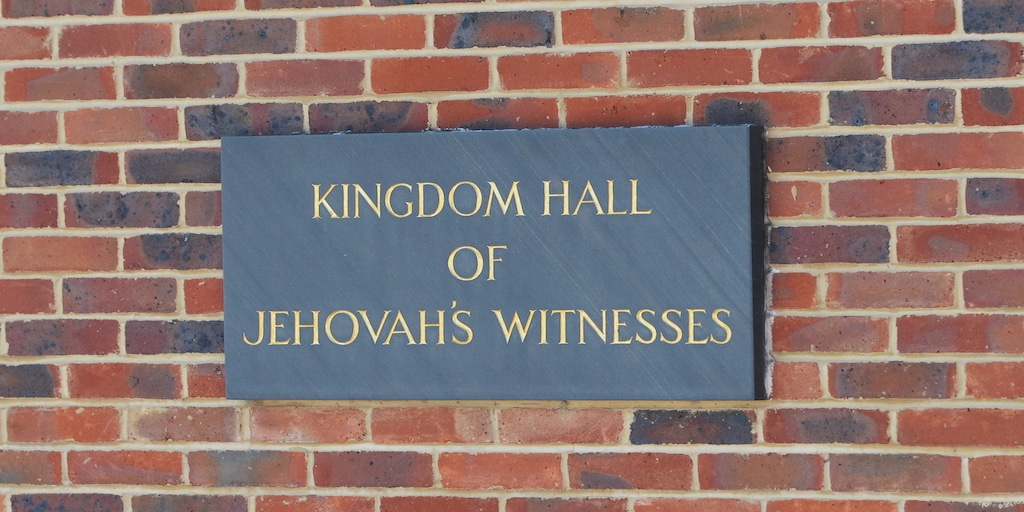Why Do We Celebrate Christmas on December 25?

Why Do We Celebrate Christmas on December 25?
First off, we can all agree that we do not know the exact date of Christ’s birth. The Jehovah’s Witnesses and other legalistic groups attack the observance of Christmas, charging that it is pagan and not for Christians. No one can deny that this observance has been abused by those in the world, but should this stop Christians from observing it in a proper manner?
Secondly, we can all agree that pagans celebrate on this date. We would be hard-pressed to find a day to celebrate that did not have pagan roots. Every day of our week, indeed our entire calendar is “pagan!”
However, most would agree that these pagan roots have lost their significance. Christians do not refuse to honor Jesus just because of pagan roots, since these pagan roots have no significance to them. Why, then, choose December 25th to celebrate Christ’s birth?
In the “Israel My Glory” magazine of December-January 1986-1987, there appeared an article called, “Why Do We Celebrate Christmas on December 25th?” Since Christianity has its roots in Judaism, and not in paganism, let’s look to the Jewish roots for the origin of our date, as did this article.
A full explanation of the Jewish observance of Chanukkah (also called Hanukkah) is given, which is a major holiday for Jews to this day. Although it was not one of the seven biblical holidays, it nevertheless is of great significance. It is also called “The Festival of Dedication,” or sometimes “The Festival of Lights.”
John 10:22,23 records that Jesus was walking on the porch of the temple during this observance. He had nothing to say against it, and judging by His location, may have been participating, even though it was not commanded in the Bible.
On page 5, the article continues, “December 25th is almost certainly not the actual date for the incarnation. Shepherds in Israel would not have been out in the fields tending their flocks at night in December.” Therefore, why choose this date?
First, it was on the 25th day of the Hebrew month Kislev (corresponding to our December) that Antiochus chose to desecrate the Temple and establish worship of his god because it was already an existing heathen holiday. Therefore, l and 2 Maccabees go out of their way to stress the fact that it was exactly three years later, to the day, that the Temple was cleansed and rededicated (the 25th of Kislev).
Now when the Church, long after the actual date of the incarnation had been lost in antiquity, chose the date to commemorate the incomparable occasion when deity dwelt within a human body, what better association than the Temple, where deity had also dwelt, and the 25th of Kislev, which was an already established date commemorating the cleansing and rededication of the Temple as a dwelling place for God?
The Church did not choose December 25th because it was an ancient heathen holiday, but because of the Jewish feast of Chanukkah that occurred on that date, and the added significance that Jesus gave to it. This date eloquently testified to the fact that at the birth of Jesus deity was dwelling in a human body (Temple) and shining out to give light in the midst of darkness. The great Hebrew-Christian scholar, Alfred Edersheim, whose writings on this period of time are still classic, shared this thought, “The date of the feast of Dedication (Chanukkah)—the
25th of Kislev—seems to have been adopted by the ancient church as that of the birth of our blessed Lord—Christmas—the dedication of the true temple which was the body of Jesus.”
We would do well to look at the Jewish roots of our Christmas (which means “Christ is sent”) and act accordingly.









“Every day of our week, indeed our entire calendar is “pagan!” hello Sir can you please explain on this.
Riewsain,
What a great question! I got in touch with the author and he offered this as a further explanation:
“The days of the week are derived from pagan names according to many sources such as explained here https://www.relativelyinteresting.com/how-days-of-the-week-got-their-name/?utm_source=org.
Our article notes that despite every day of the year having some type of pagan connection, it does not mean we cannot celebrate the birth of Jesus on a particular day. We do not know the exact date Jesus was born but Christians have long celebrated it on the same day. Christians should truly celebrate the birth, life, death, and resurrection of Jesus every day.”
Thanks for asking!
JA Show Staff
Rome outlawed God’s Sabbath as given in His Commandments along with the Torah and the Prophets-and the writings which is what the followers of the Way studied since thats all-they had at the time. The Bishops caved in and brought about worship without Torah and made up unbiblical appointed times like Christmas and Easter instead of Hanukkah and Passover which are the commanded appointed times to meet with God. All the Church had were oral traditions that are unbiblical. If man had not quit following Gods Calendar and appointed times we would still be keeping Torah and following God the Father of Yeshua Ha Mashiach (JESUS the Messiah). Matt.5:17-20. Jews which were the first to follow the way as his people were stopped from worshiping HIM and the Torah at risk of death after all the Apostles died and the Roman Empire started using the Gregorian calendar. We need to return Yeshua to the Jewish people and quit trying to make them follow a greek/ roman Jesus as there messiah. We are all GOD’s people and Yeshua is the messiah and the jewish mashiach.